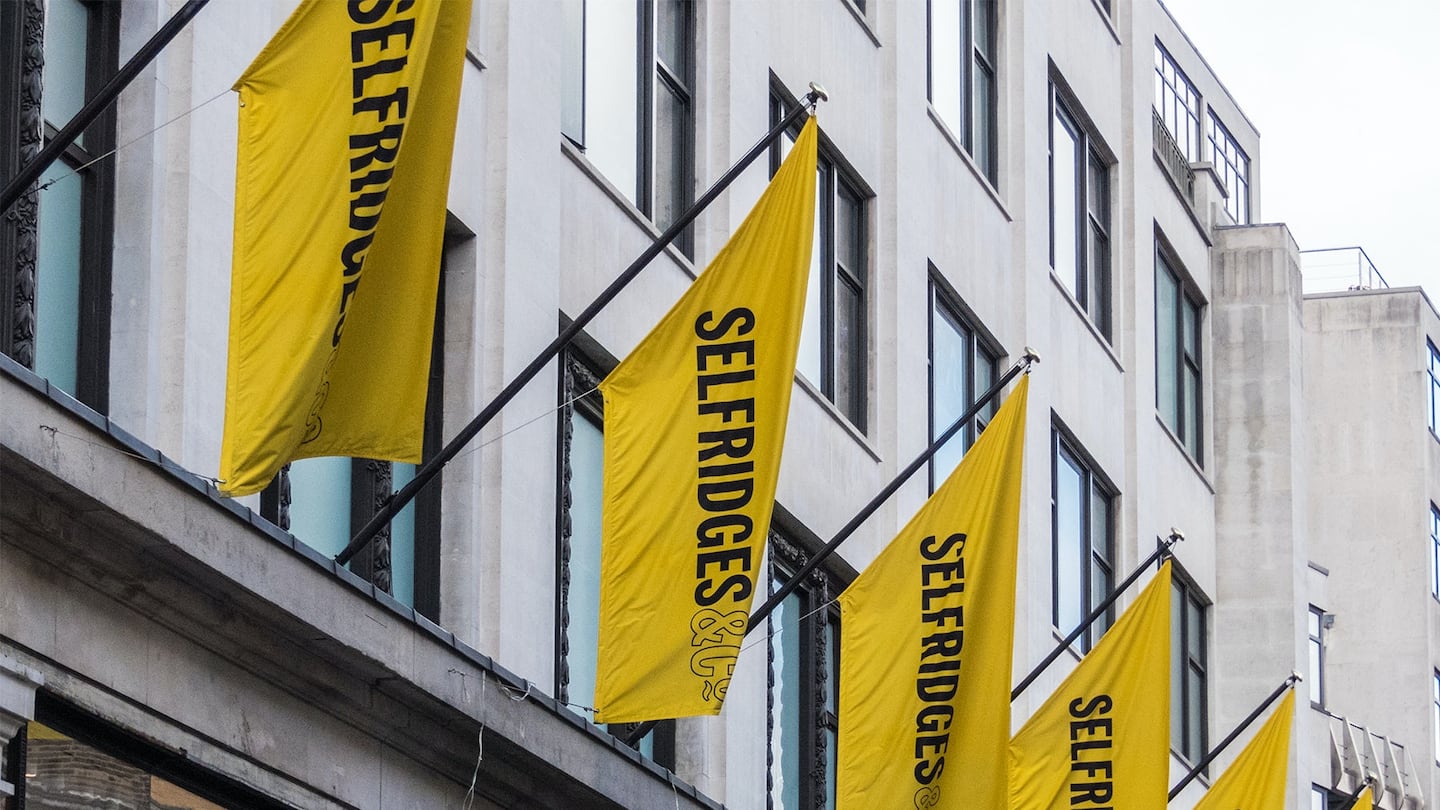
The Business of Fashion
Agenda-setting intelligence, analysis and advice for the global fashion community.

Agenda-setting intelligence, analysis and advice for the global fashion community.

LONDON, United Kingdom — Selfridges & Co. is offering fashion items for rent in a bid to attract younger and ecologically minded customers at a challenging time for UK retail.
The luxury department store has teamed up with HURR, an online fashion rental platform, to offer 100 items from more than 40 fashion brands for hire for up to 20 days at a time.
Selfridges also plans to sell a selection of vintage clothing for six weeks from the end of September, building on a secondhand clothing concession it launched with online reseller Vestiaire Collective last year. Shoppers can also sell used accessories to the store for credit from mid-October.
Growing consumer concern over the ecological impact of fast fashion means many retailers are scrambling to tap into surging demand for renting and buying secondhand items. E-commerce sites like Depop and Poshmark Inc. have popularised selling used clothing online. Last year in the US, department stores Macy's and JC Penney signed partnerships with ThredUP Inc., a San Francisco-based resale company.
ADVERTISEMENT
Zalando SE is launching a pre-owned fashion range on its site later this year. On an earnings call this week, David Schroeder, chief financial officer at the German online fashion retailer, said it will allow customers to sell their clothes to Zalando "quickly and effortlessly, and will also provide them with a highly curated, quality checked and convenient selection of items available for purchase."
The Selfridges initiatives form part of the retailer’s plans to reduce its environmental impact, which also include a commitment to become carbon-neutral by 2050.
The coronavirus has altered the “cycle of consumption in a way we could never have predicted,” Managing Director Anne Pitcher said. As a result, she said, Selfridges has to “change how shopping is done.”
Selfridges is best known for its giant shopping emporium on London’s Oxford Street but also has stores in Birmingham and Manchester and an online division. Last month the retailer, which is owned by the Weston family, announced it would be cutting 14 percent of its workforce, around 450 roles, as retailers struggle to emerge from pandemic-induced shutdowns.
By Theo Golden.
As the German sportswear giant taps surging demand for its Samba and Gazelle sneakers, it’s also taking steps to spread its bets ahead of peak interest.
A profitable, multi-trillion dollar fashion industry populated with brands that generate minimal economic and environmental waste is within our reach, argues Lawrence Lenihan.
RFID technology has made self-checkout far more efficient than traditional scanning kiosks at retailers like Zara and Uniqlo, but the industry at large hesitates to fully embrace the innovation over concerns of theft and customer engagement.
The company has continued to struggle with growing “at scale” and issued a warning in February that revenue may not start increasing again until the fourth quarter.